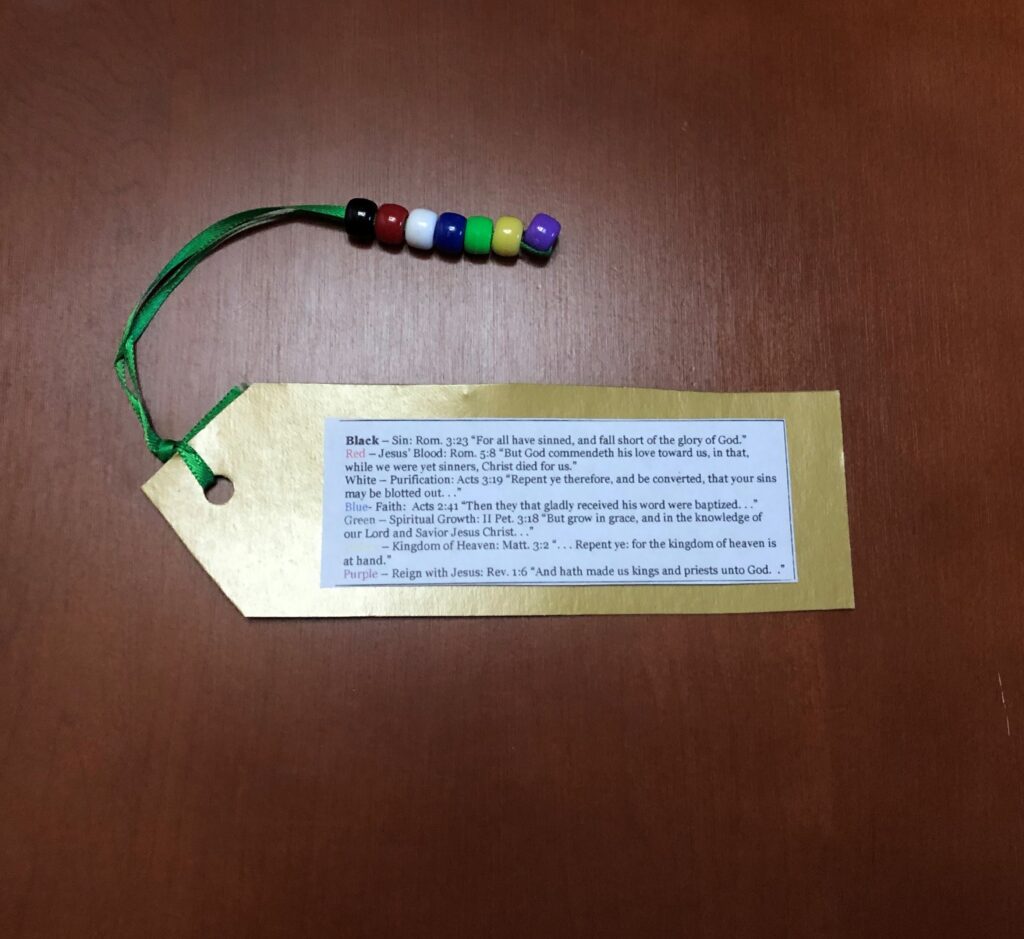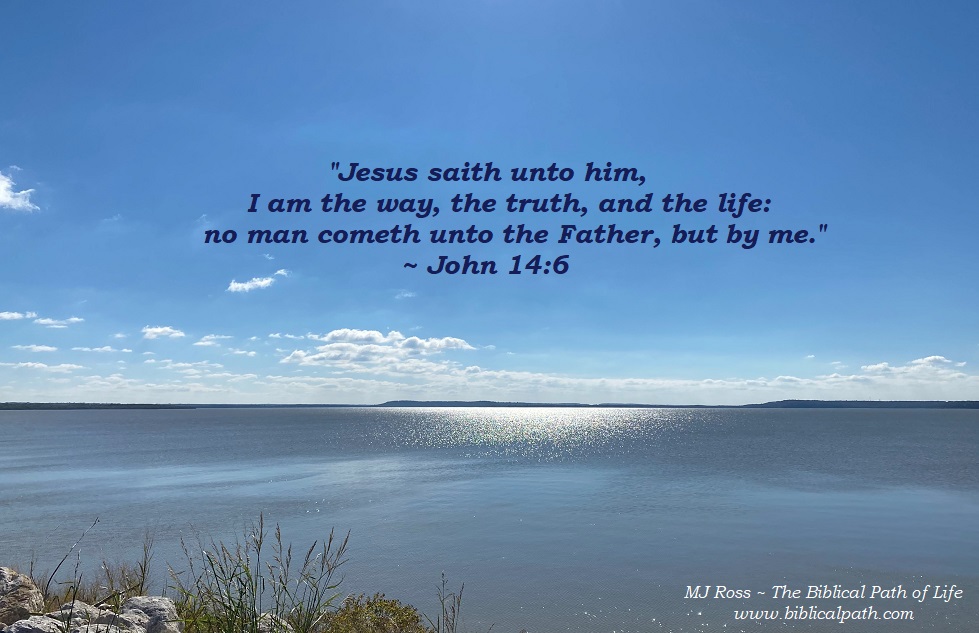
Key Verse
And all the city was moved, and the people ran together: and they took Paul, and drew him out of the temple: and forthwith the doors were shut.
—Acts 21:30
Key Verse Thought: Read the Key Verse. Remember that in our last lesson, we learned that the people were opposed to Paul preaching Jesus, and they took him. We will learn in this lesson Paul’s response, and what he said to the people who rose up against him.
Emphasis: To understand that people may not like us when we tell about Jesus (for they rejected Paul and his testimony). It is important that Christians not only remember when Jesus called upon our heart, but that we are willing to share that with others (our personal testimony).
Lesson Summary: After learning of Paul’s third missionary journey in our last lesson, we read that he returned to Jerusalem bringing a report. He told the Christians how God had blessed their journey by the many Gentiles that had been reached for Jesus. The Jews rejoiced with him. However, when Paul went to the Temple, he was accosted by an uprising of the Asian Jews. We ended our last lesson with them laying hands upon Paul.
As we begin this lesson, we will find that the entire city becomes involved in this uprising, and they drew Paul out of the Temple. As they were beating Paul, the chief captain heard and took Paul, then having him bound with chains. This chief captain spared Paul’s life. Paul was then given the opportunity to share his testimony with the people, including the chief captain. We will learn that a testimony is a personal sharing of when Jesus called upon one’s heart, the response to that call, and what God has done in one’s life since. Paul took time to share, briefly, of the sinner he once was. He then told of the specific call that Jesus extended to him, inviting Paul to become a believer in Jesus. Paul then told of his response to that call. He proceeded to shared with the people what Jesus wanted him to do with his life – go specifically to the Gentiles and preach Jesus to them. After learning of Paul’s personal testimony, we are going to learn that it is important for each Christian to be able to give his/her own personal testimony of Jesus’ call, and each response. If you are teaching this lesson to a group, it would be a great encouragement to your students if you were to share with them your personal testimony at a specific place in this lesson. You will then be encouraged to challenge them to come prepared (the next time you meet together to study God’s Word), to share their own personal testimony of Jesus’ call to them.
After Paul gave his testimony, the people still rejected him. Nevertheless, God encouraged Paul. Even when there was a plot against Paul, his life was spared again. The chief captain then sent Paul to the governor, Felix, so his case could be heard.
Y3Q2 – Lesson 11 Questions
Y3Q2 – Lesson 11 Children’s Worksheets
If you are teaching this to children, the following is a craft idea to help them remember this lesson:


We made Bible markers with the plan of salvation on them. This is to help them remember the Scriptures that teach one how to be saved.
Read the Scriptures on How to be Saved.
The Biblical Path of Life – Year Three, Quarter Two is now available through Amazon.


